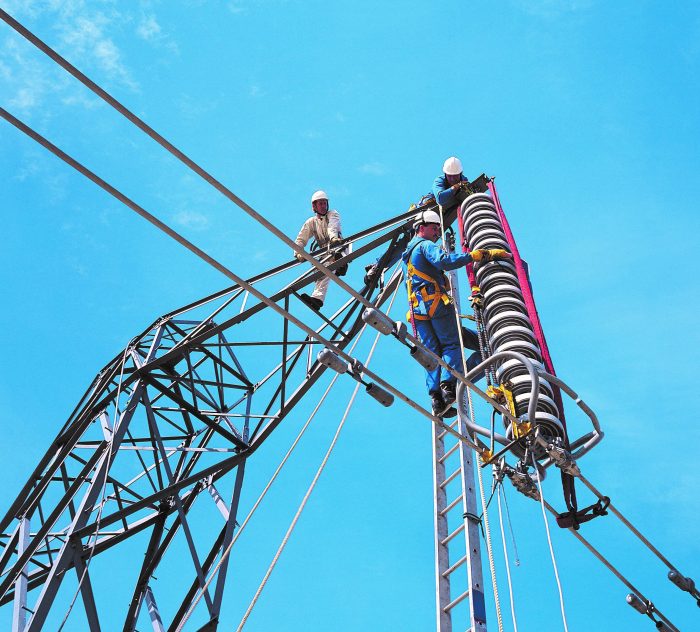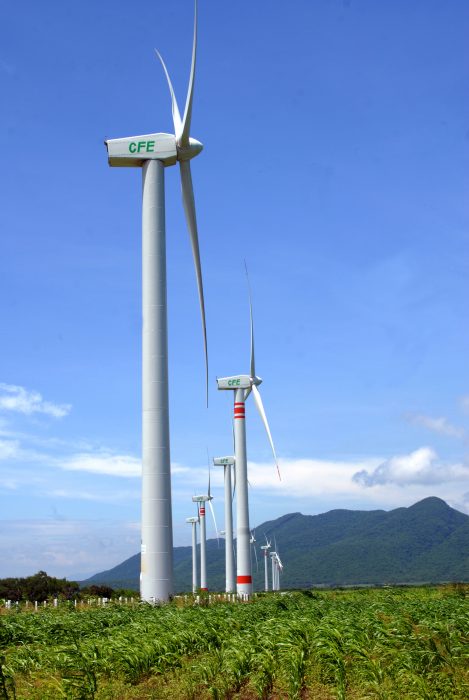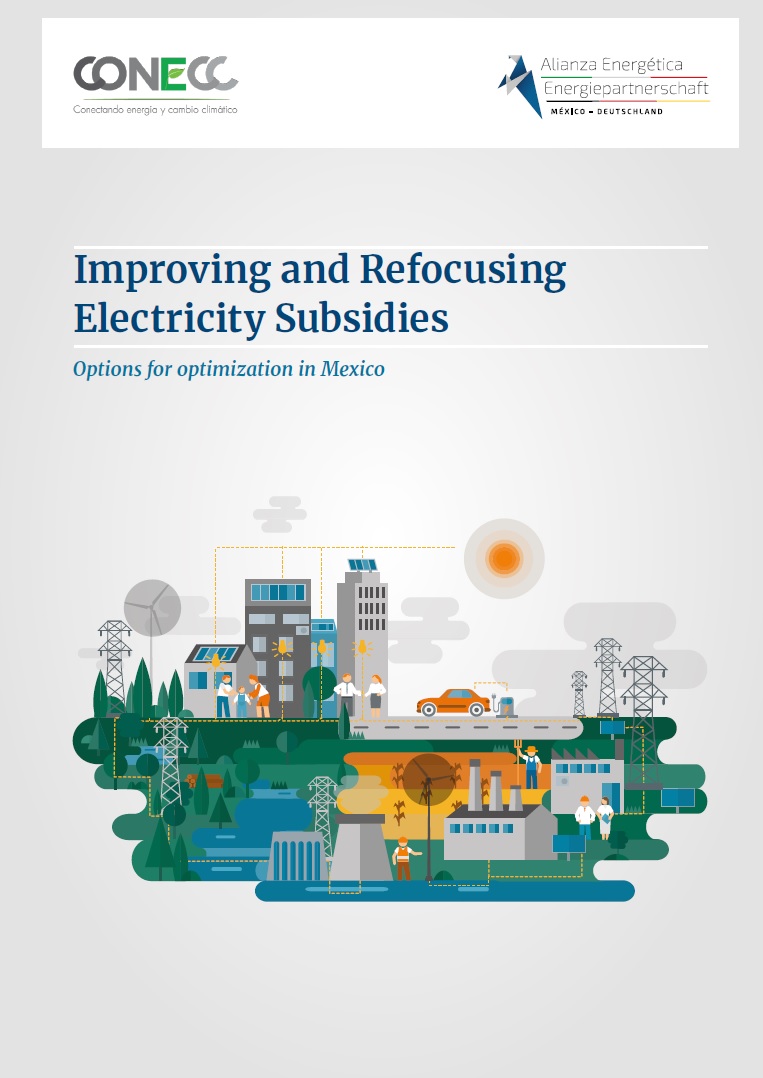Subsidies to electricity in Mexico disproportionately benefit richer households, are an impediment to the development of energy efficiency and renewable energy, and represent a considerable fiscal burden to the federal government. Several options exist to transition to a more equitable and sustainable model.
Subsidies to electricity in Mexico, mainly given out through tariffs set below the supply cost of electricity, in 2016 amounted to 130 billion Mexican pesos (USD 6.8 billion). Although subsidies can be a useful policy instrument to support low-income households’ electricity access, extensive research has highlighted the various issues linked with such subsidies, including:
• high regressivity: they disproportionately benefit richer households who consume more energy, in comparison with poorer households
• substantial cost of opportunity: money spent on electricity subsidies in Mexico represent 1.6 times the budget of Prospera, the country’s flagship social program. Such resources could be spent towards other development goals and social policies
• environmental impact: by reducing the price of electricity, subsidies encourage its overconsumption, and disincentivize the implementation of energy efficiency measures and renewable electricity. In the agricultural sector, subsidies also promote higher water consumption, which has been linked with the overexploitation of Mexican aquifers

Mexico has made international commitments to reduce so-called inefficient subsidies, as highlighted by the Germany-Mexico peer-review of fossil fuel subsidies, which took place in 2017 under the G20. Several ideas of reforms have been proposed by Mexican experts in the recent years. One consists in lowering the threshold of the “DAC” (the higher electricity tariff applied to large consumers), so that it includes a higher number of households. Other suggested reforms aim at replacing the tariff subsidies by a financial support to households for the installation of solar PV systems or the implementation of energy efficiency measures. Another proposed reform seeks to remove the subsidies and reinvest it in a universal healthcare system.

It is against this background that the “Enhancing the Coherence of Climate and Energy Policies in Mexico” project (CONECC) and the German-Mexican Energy Partnership, of Deutsche Gesellschaft für Internationale Zusammenarbeit (GIZ), recently published a study entitled “Improving and Refocusing Electricity Subsidies – Options for optimization in Mexico”.
Through various interviews with national and international experts, the study, undertaken in collaboration with the International Institute for Sustainable Development, evaluated these reform options against various criteria, including economic, social, political and sustainability impacts. It found that a modification of the DAC tariff so that it considers the income level, combined with financial support to households for renewable energy and energy efficiency, could effectively reduce the regressivity and fiscal cost of subsidies, while contributing to the achievement of Mexico’s climate change targets. The analysis of five international case studies of subsidy reform also helped emphasize the importance of a well-designed communication strategy and of adapted compensation measures for the most vulnerable households.
CONECC and the German-Mexican Energy Partnership hope that this study will shed light on the potential for a more equitable, efficient and sustainable subsidy system in Mexico. GIZ is committed to provide support to the Mexican government and continue exploring pathways to improve the current model.

